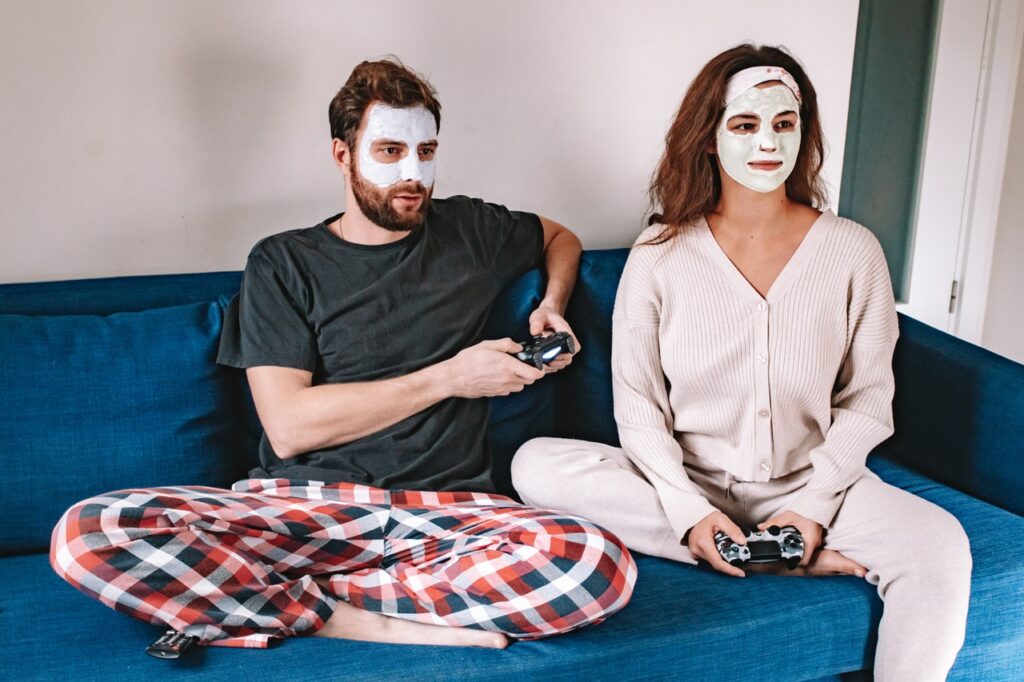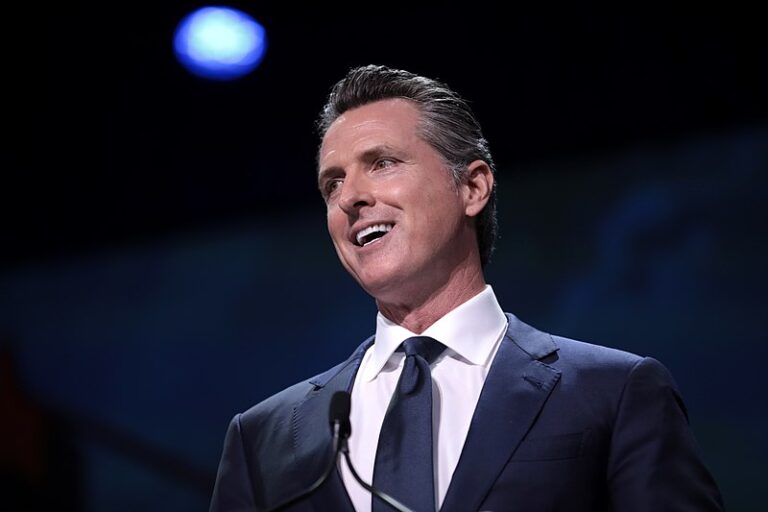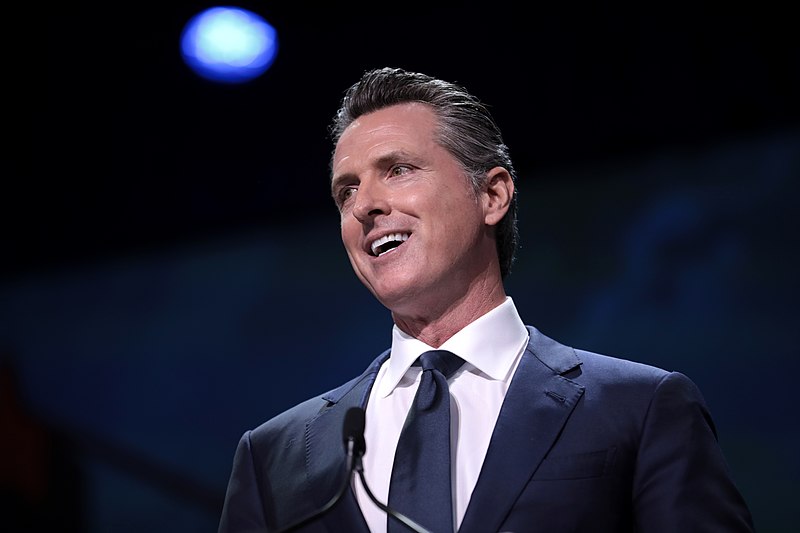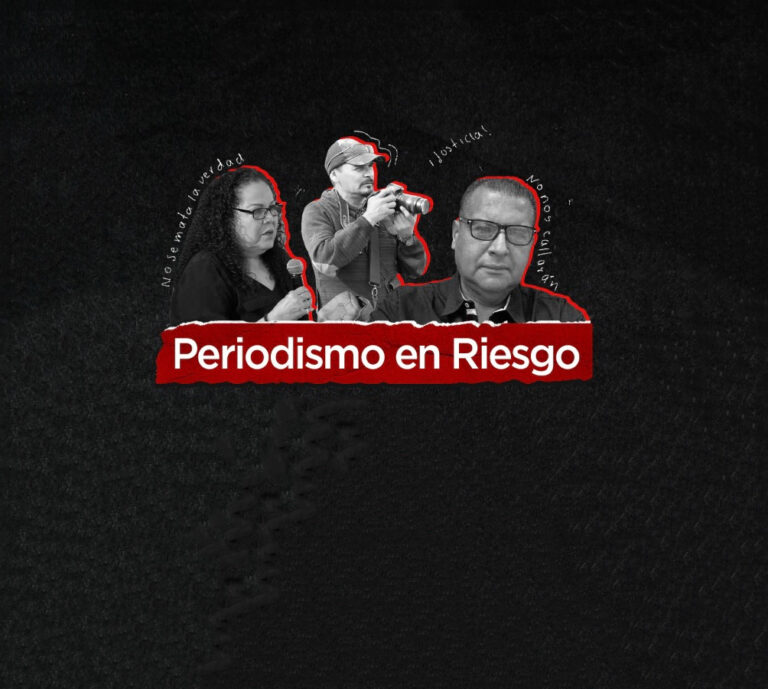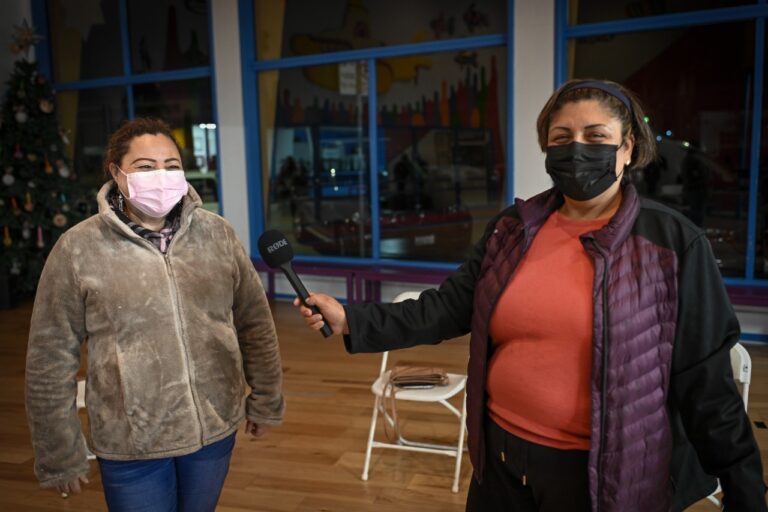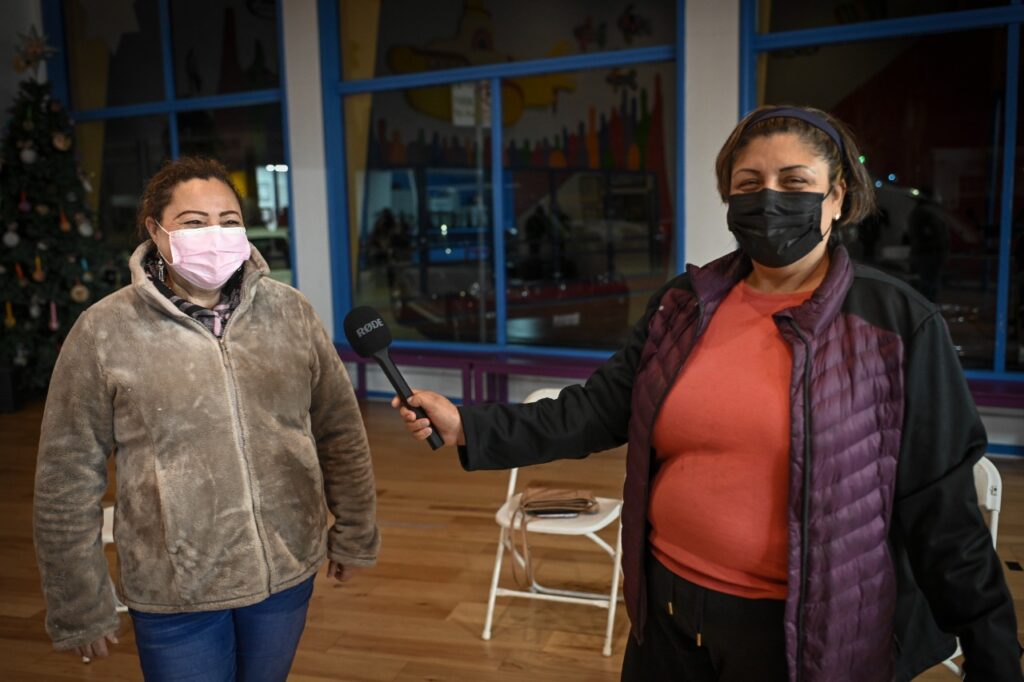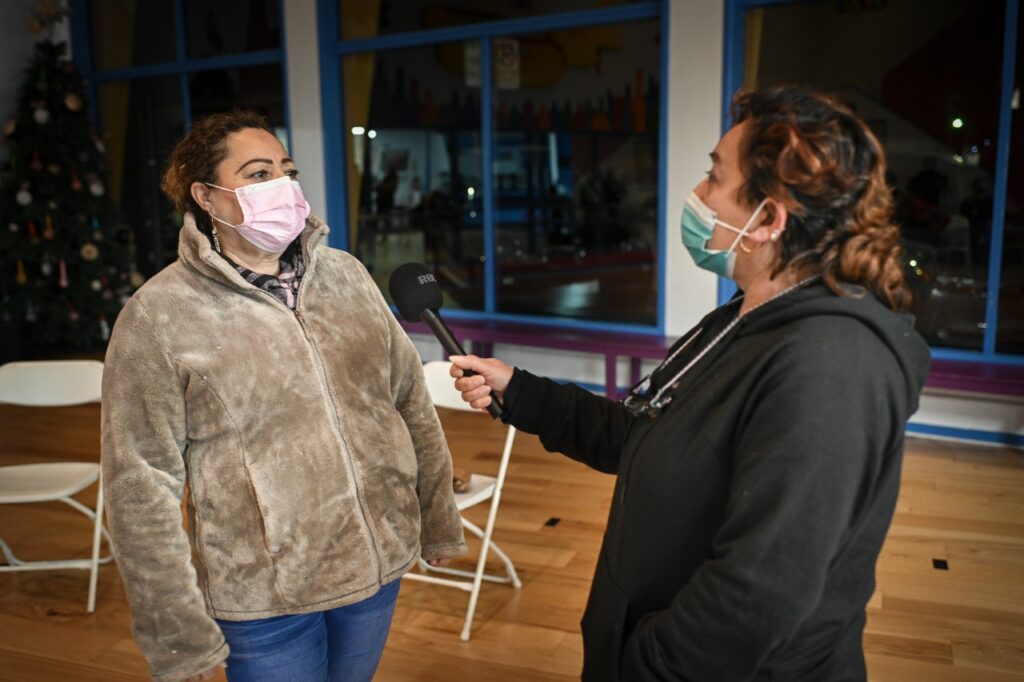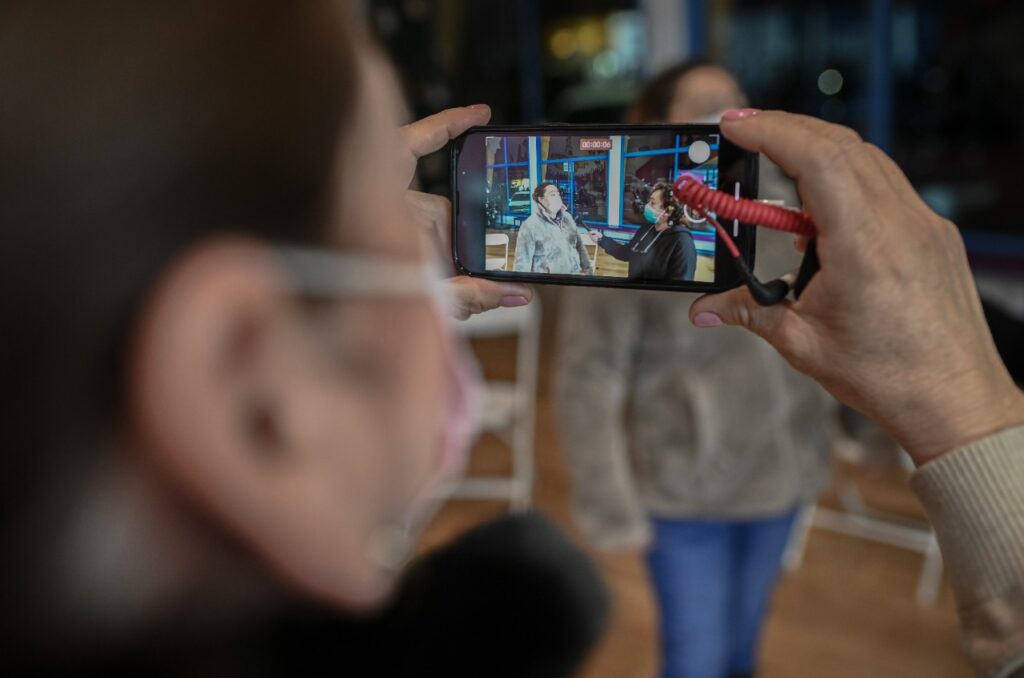
Redwood City, January 26. – Padres y madres de estudiantes de la comunidad latina que acuden a escuelas del Distrito de Redwood City expresaron que los niños y jóvenes latinos merecen tener acceso a alimentos sanos y de buena calidad en sus centros de estudio, los cuales forman parte fundamental para su desarrollo.
Dichas aseveraciones fueron recabadas en una encuesta realizada por el Comité de Comidas Saludables, a finales de diciembre de 2021.
De acuerdo con los resultados, padres y organizadores de la comunidad señalaron que han notado una actitud general de que las familias de bajos ingresos deben estar agradecidas por las comidas escolares, sin reconocer que muchas de ellas valoran los ingredientes frescos y que las comidas deliciosas juegan un papel importante en nuestro patrimonio.
Así lo señaló el Comité en información proporcionada a P360P, quienes detallaron que al referirse a familias de bajos ingresos, «a menudo es un código para la comunidad latina».
«Mi cultura tiene muchos valores indígenas arraigados en el cuidado de la tierra y de nuestros cuerpos, y odio que piensen que nuestra Comunidad Latinx de Redwood City quiere comidas preparadas», refería una de las encuestas.
Los resultados también pusieron en evidencia que tanto padres como alumnos de North Fair Oaks señalaron la necesidad de mejorar la alimentación escolar, pues destacaron que sus hijos no comen nada durante su estadía en los centros escolares, debido a que la comida es de muy baja calidad.
North Fair Oaks (NFO) es una zona no incorporada que limita con Redwood City, Menlo Park y Atherton, con la mayor diversidad cultural del condado y una gran población latina.
Madres y padres de familia expusieron que la oferta actual de alimentos en las escuelas ha exacerbado las disparidades culturales, ya que sólo destacan la comida tradicional «americana».
En ese sentido, subrayaron que existe la oportunidad de utilizar las comidas escolares para salvar las diferencias culturales, mediante la elaboración de comidas deliciosas y frescas que muestren la diversidad de las culturas de los estudiantes de Redwood City.
Y es que, dijo el Comité, la baja calidad de los alimentos ha provocado que las comidas escolares se conviertan en un significante de estatus social.
«Los que comen comidas escolares son vistos como de “clase baja”, lo que hace que los estudiantes no estén dispuestos a comer comidas escolares porque es “poco cool”. Esto es también una oportunidad para el cambio: si las comidas fueran de mayor calidad, más padres harían que sus alumnos las comieran, reduciendo así el estigma que rodea a las comidas escolares», dijo Jessica, directora del Comité de Comidas Saludables.
Dicha situación se hace más evidente de sexto a octavo grado, precisó.
Asimismo, explicó que los padres dependen de estas comidas, por lo que mejorarlas es una prioridad absoluta «porque la baja calidad ha hecho que los alumnos no participen, especialmente en los cursos superiores».
La encuesta también encontró que algunos padres de NFO estaban frustrados porque sentían que la carga de la educación sobre «comidas saludables» recaía enteramente sobre ellos, y que se les culpaba cuando sus hijos desarrollaban hábitos alimenticios inadecuados o consecuencias para su salud, a pesar de que era en la escuela en donde comían inadecuadamente.
Y aunque la COVID-19 ha exacerbado estos problemas, han sido retos desde antes de la pandemia, subrayó.
Pero no todo se ha echado en saco roto, dijo, pues el Distrito Escolar de Redwood City está trabajando con los padres en este tema, y aunque la mejora de la comida escolar llevará tiempo, se han comprometido a aumentar la transparencia nutricional de los menús y a eliminar de lo que se ofrece de desayuno, los artículos más azucarados.
Si usted quiere dar su punto de vista sobre los alimentos ofrecidos en la escuela de sus hijos, puede hacerlo a través de una breve encuesta.
Para tener acceso a las preguntas en español, diríjase a https://forms.gle/ykqbS85916CMKGAC9.
Mientras que para idioma inglés puede acceder a través de la dirección https://forms.gle/c4hEjVPSZdJs46279.
You may be interested in: Urgent need for healthy food in Redwood City schools



